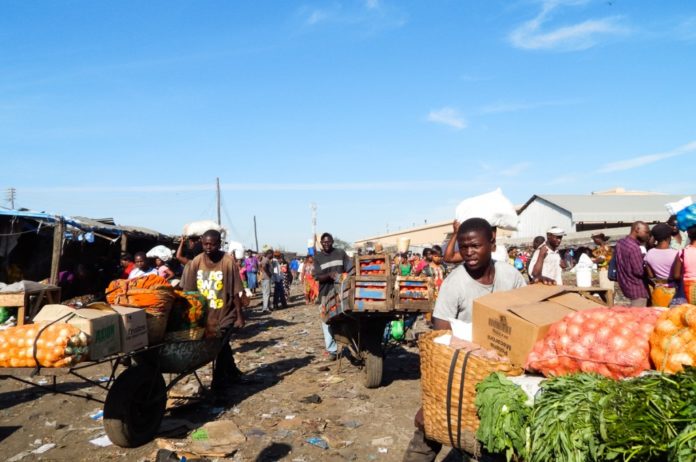An Economist Trevor Hambayi says that Zambia has been facing a decrease in income generation in recent years, resulting in a negative impact on trade against the United States Dollar.
Mr Hambayi said the income levels the country is generating currently are lower than what the country had five years ago adding that it is due to the kwacha depreciating against the dollar and the rise in dollar value.
“The country’s income growth has been stagnant, leading to a decrease in the purchasing power of the Zambian currency and the subsequent rise in the cost of living,” Mr. Hambayi said.
He emphasized that a high GDP growth rate is crucial to mitigate the challenges posed by the high cost of living.
Mr. Hambayi said to address the issue government has implemented strategies such as social cash transfers, free education, and the reintroduction of meal allowances.
However, he expressed concern that these measures only address the symptoms rather than tackling the root causes of the problem.
Meanwhile, Michael Jamba, a resident in Lusaka, lamented the financial strain caused by the high cost of living, particularly due to soaring fuel prices.
“Food commodities in the market are expensive, leaving us hungry and struggling to afford the country’s staple food: mealie meal,” said Mr. Jamba.
He called on government to implement policies aimed at reducing the current high cost of living in Zambia.
Mr. Jamba suggested that the government should allocate more funds to the production sector instead of solely providing loans to individuals.
He emphasized the importance of supporting small businesses with their own production capabilities, enabling the government to intervene and provide commodities at more affordable prices if farmers fail to meet demand.

